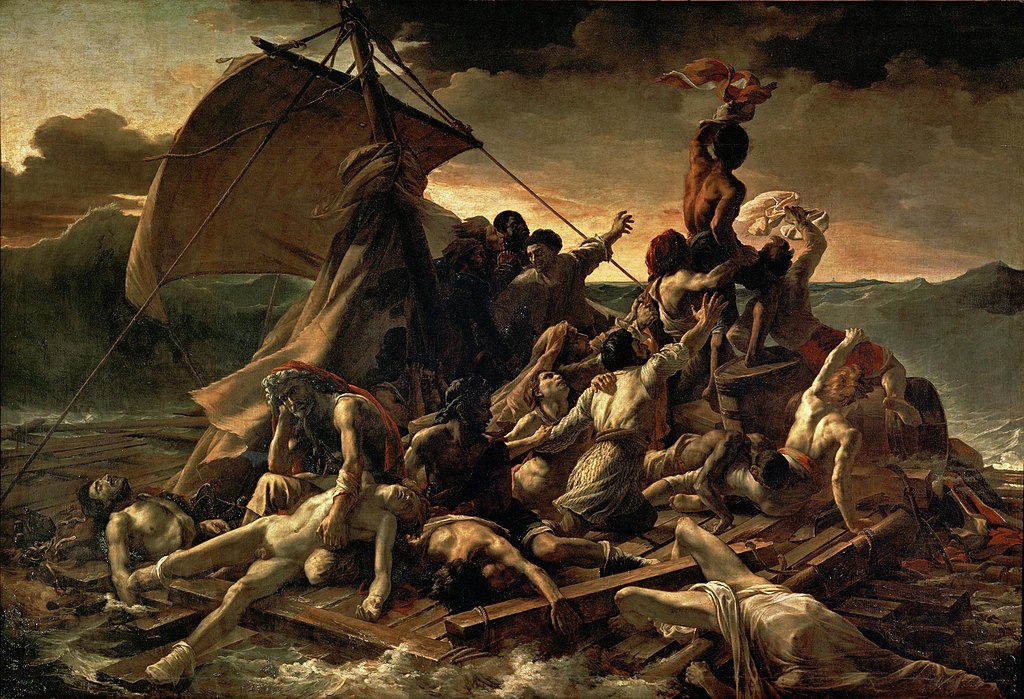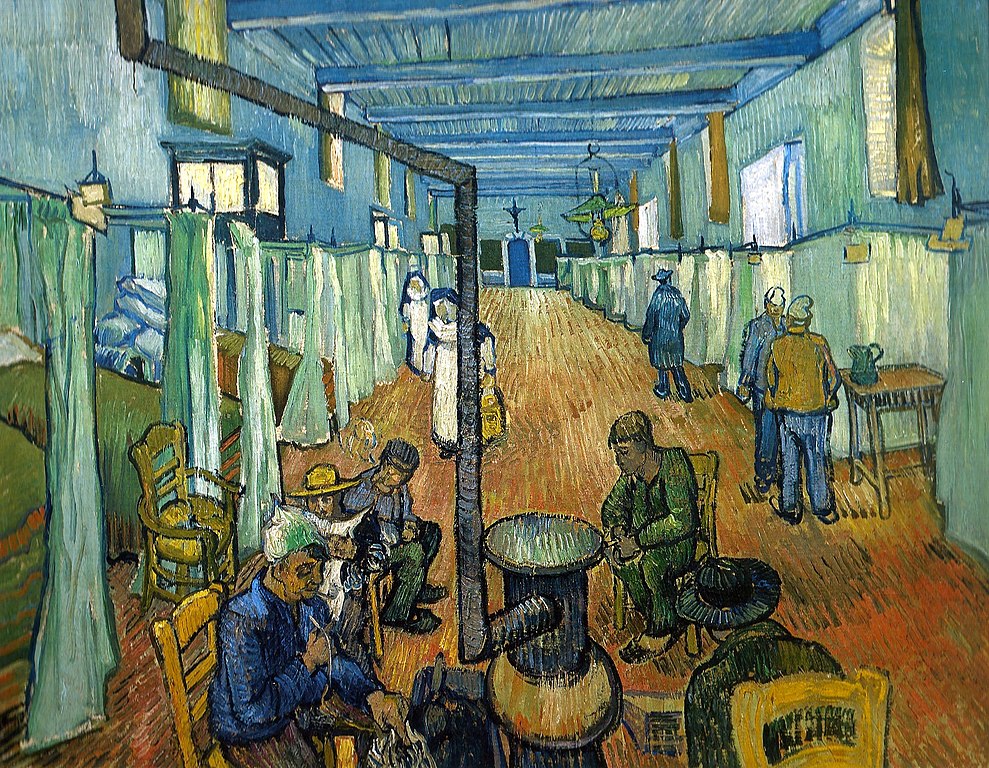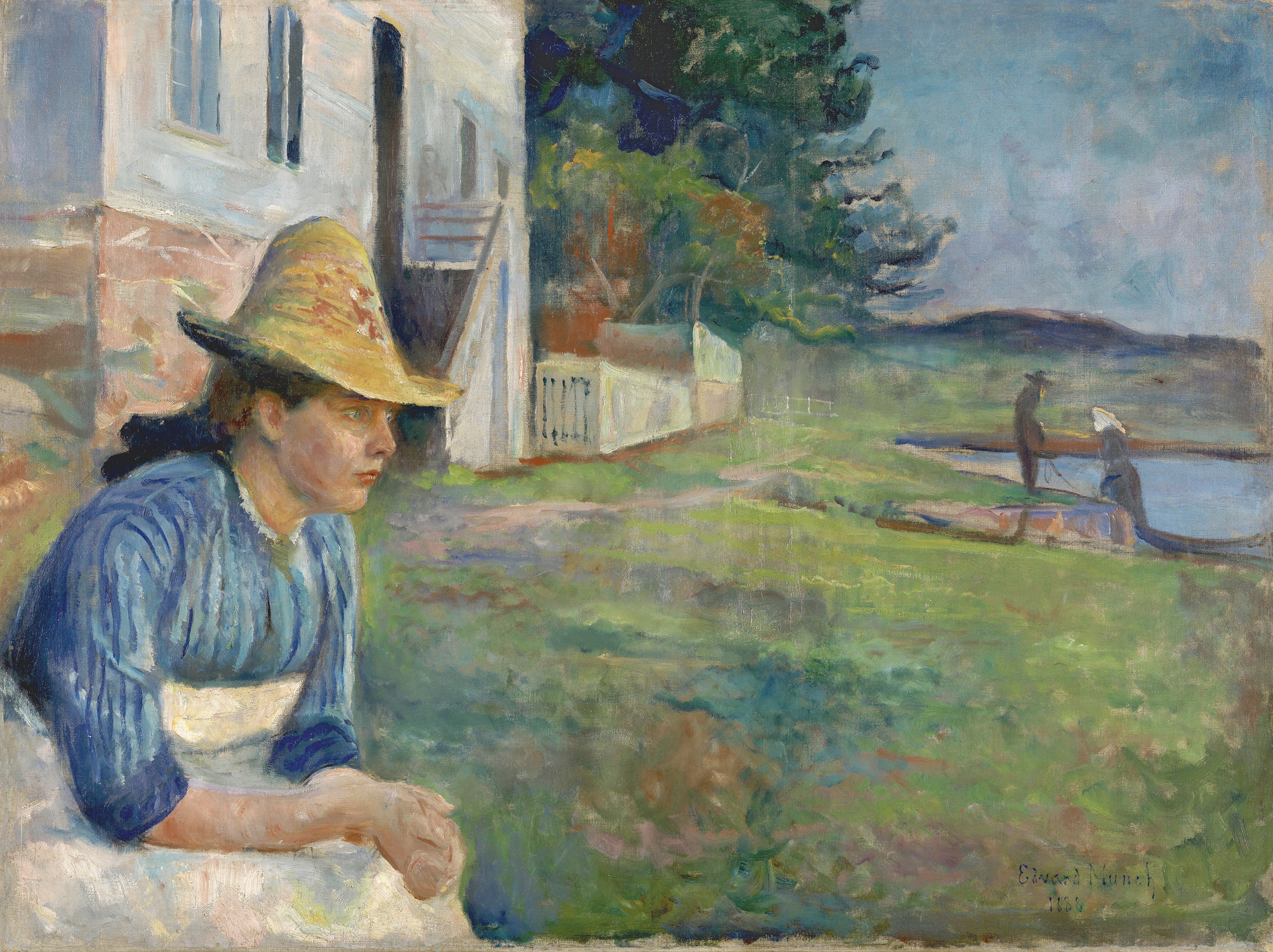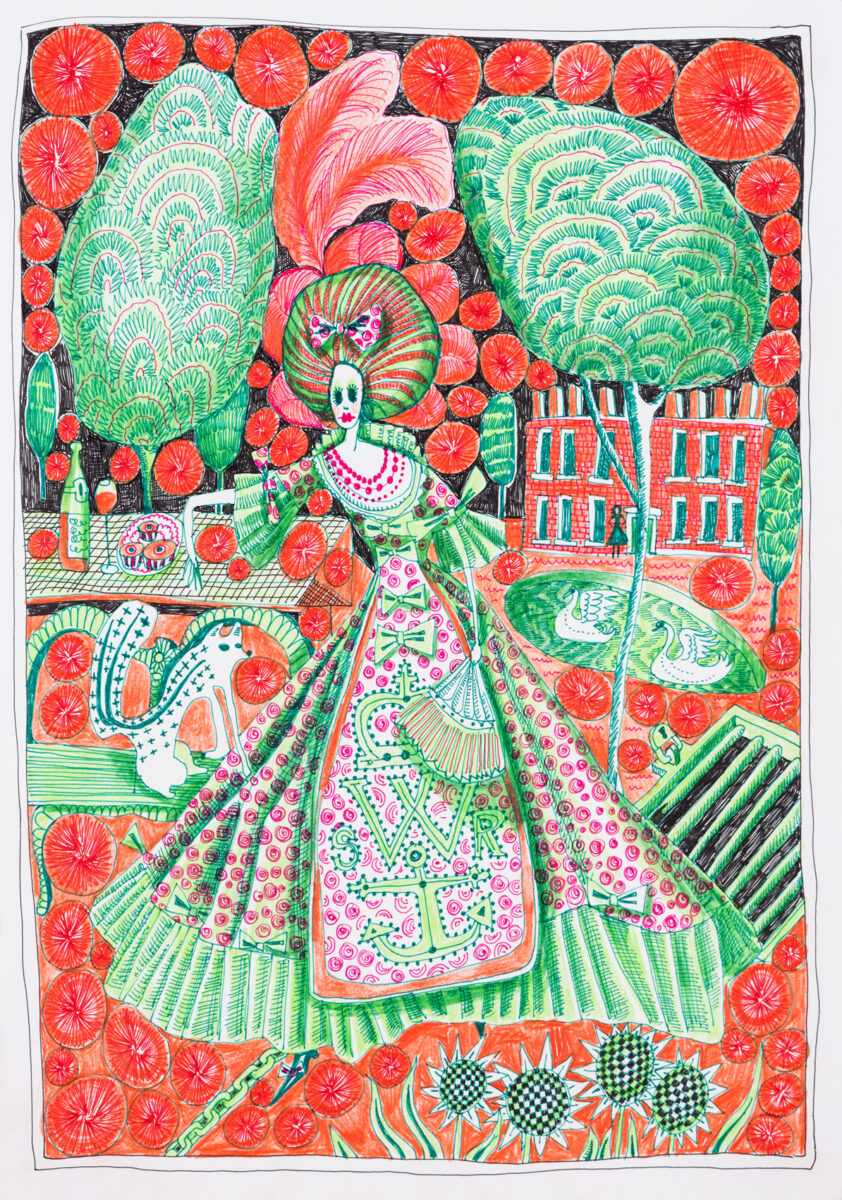
How far would you go to stop yourself doing late-night emails? Or what would you be willing to do to escape those painful memories? Severance, returning for its second season on AppleTV+, explores an extreme solution to both.
The show follows a group of office workers at Lumon who have had their memories severed: when outside of work they do not remember what they do at work and when at work they do not know anything about their lives outside. The work-self, referred to as an 'innie', enters the elevator at 5pm and immediately finds themselves back in the elevator at 9am the next day. They feel rested without any memory of the rest. Their "outie" blinks at 9am and then it is 5pm.
Adam Scott's protagonist, Mark, joined Lumon Industries as a severed employee working in "Macrodata Refinement" (MDR) as a result of losing his wife. In an episode early in the second season, one character recounts Mark telling them that he applied for the role because it felt like he was "choking on her ghost." Being severed offers Mark hours each working day where a version of him can work oblivious to this grief.
Of course, Mark's employer is up to something sinister, though exactly what remains unclear even to the innies. Lumon is at times terrifying, at times goofy and always unsettling. Innies are mistreated but cannot communicate with their outie beyond what Lumon allows. Even in these conditions, the small MDR team, each with no more than a couple of years' worth of memories, find purpose in their relationships with one another and in seeking to understand their bosses' designs.
Severance has attracted a lot of attention and reflection. Writing for the Financial Times, Emma Jacobs concludes that the show points us to our impossible longing for a boundaried life. The Northeastern University academic Tomas Elliot proposes that Severance can be read as an inversion of The Matrix: employees knowingly placing themselves in a state of naivety. Jacobs and Elliot both read the show as pointing to the paradoxical nature of modern work as both the cause of discontentment and the place many look to for a sense of purpose and fulfilment.
Instability cannot be contained to one sphere of life. Life is hard and so is work. Neither can offer escape from the other.
At the heart of many of the questions that Severance raises is the relationship between work and identity. Most of us live with a sense that who we are is found in our relationships. Work means something because it is one of the places we are most powerfully shaped by and shape relationships with colleagues, competitors, consumers and everyone else. Work becomes destructive when it cultivates destructive relationships in the workplace or when it displaces other forms of community and sources of identity.
The process of severance protects outies from the formative power of workplace relationships: their strains and their joys. No doubt we could each imagine benefits to this. However, it leaves Mark's outie paralysed by grief because he has denied himself a key source of relationships through which he could begin to heal, integrating that grief into a new sense of self.
Just as Mark's innie is protected by the outie's grief, the outie is protected from discovering who he could be without his wife. As the series progresses, it becomes less clear whether Mark's motivation is the fear of grief's crushing burden or the fear that one day the burden may ease.
In his book Resonance, Hartmut Rosa writes:
Time and again, human beings come to discover that they can become "different people" in different contexts. And under the highly dynamic conditions of late modernity, the task of finding out who we really are collides… with repeatedly having to "reinvent" and creatively redefine ourselves. That said reinvention also should be "completely authentic" is surely one of the more pointed paradoxes of the present age.
As Rosa notes, the dynamism of contemporary market forces produces a dynamism in our sense of identity, which can be experienced as instability. One response to this instability—and all the other humiliations and challenges of living at this time—is to look for ways of separating "work" and "life", to carve out a space where I can be free from constant performance and reinvention. And yet, as Severance shows us, whatever part of ourselves we designate as "life" or "outie", it cannot be free from pain and sometimes we will escape to, rather than from, "work".
Instability cannot be contained to one sphere of life. Life is hard and so is work. Neither can offer escape from the other. Some things must be resisted and some must simply be lived with. Both can only be done together. Ultimately, both can only be done if we are held in and defined by a relationship secure through any failure or loss. Seeking such a relationship is a life's work, for both innies and outies.
Join with us - Behind the Seen
Seen & Unseen is free for everyone and is made possible through the generosity of our amazing community of supporters.
If you’re enjoying Seen & Unseen, would you consider making a gift towards our work?
Alongside other benefits (book discounts etc.), you’ll receive an extra fortnightly email from me sharing what I’m reading and my reflections on the ideas that are shaping our times.
Graham Tomlin
Editor-in-Chief










